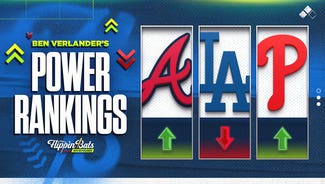





































































































































Lackey, Weaver may lift Angels past Yanks
The Angels should be able to learn something from Nick Blackburn and Carl Pavano.
I can't tell you precisely what that is. I'm not a pitching coach or an advance scout. But I do know this: Blackburn and Pavano faced 47 Yankees hitters over Games 2 and 3 of the American League Division Series, and they allowed only eight hits.
Even when including walks, New York hitters reached base at a .213 clip against them.
While Blackburn and Pavano weren't able to beat the Yankees, their performances are certain to be a topic of conversation among Los Angeles manager Mike Scioscia, pitching coach Mike Butcher and their players before the AL Championship Series opens Friday.
At the risk of oversimplifying, I would submit that Blackburn and Pavano are similar pitchers. Both are right-handed. Both rely more on movement than velocity. Both throw fastballs that exceed 90 miles per hour — but don't usually go too far beyond that. At their best, both pound the strike zone and limit walks.
That approach worked wonderfully against New York. Blackburn walked two batters. Pavano walked none. They allowed three earned runs over 12 2/3 combined innings. That's a 2.13 ERA.
If the Twins hadn't squandered several run-scoring opportunities, and if Alex Rodriguez hadn't batted .455 in the series, Blackburn and Pavano might be the talk of baseball right now.
As it is, they merely proved that the Yankees, while very impressive and cohesive, are also imperfect. And I wonder if fellow righties John Lackey and Jered Weaver will march into a video room, spiral notebooks in hand, to see how those Twins negotiated such a powerful postseason lineup.
After New York's come-from-behind victory in Game 2, Yankees hitting coach Kevin Long talked about what his hitters did wrong against Blackburn.
"Our first five innings, we really didn't take very many good swings," Long said. "It seemed like in the sixth inning, we started to be aggressive. ... He basically dictated how our at-bats were the first five innings. That's very uncommon for our team.
"In the sixth inning, we got to him a little bit — but not hardly at all. One run. But at least we were more aggressive. I thought we were passive for five innings."
It's rare to hear the Yankees described as "passive" at the plate. In Octobers past, Rodriguez and others appeared anxious, if anything.
What did Blackburn do to turn such a powerful lineup into a passive one? Near as I can tell, he changed speeds, varied locations and generally made strikes look unappetizing to the hitters. And it worked. As a general rule, these Yankees hitters seem to struggle more with sinkers at 89, 90 and 91 mph than straighter fastballs at 94, 95 and above.
That's why the Angels have a very good chance to split the first two games at Yankee Stadium. If Scioscia uses the same rotation that he did against the Twins, right-handers Lackey and Weaver will get the ball in the Bronx.
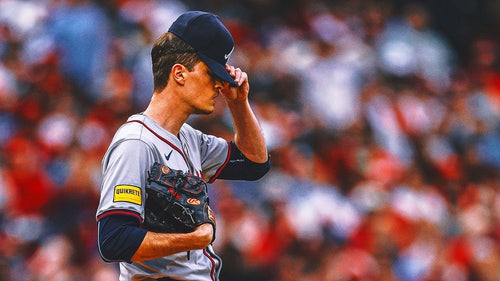
MLB progress report: 1 early flaw with each of baseball's best teams
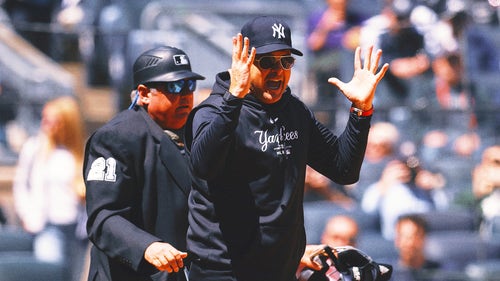
Yankees' Aaron Boone ejected five pitches into game vs. A's after fan outburst
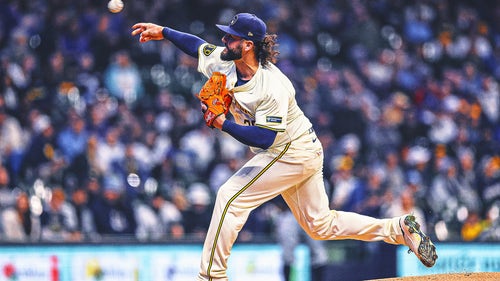
Brewers' Jakob Junis hit by fly ball in batting practice, taken away in ambulance
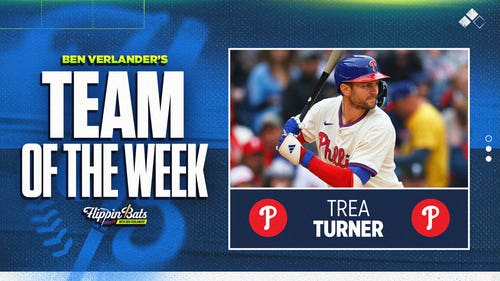
Trea Turner, Juan Soto headline Ben Verlander's Team of the Week
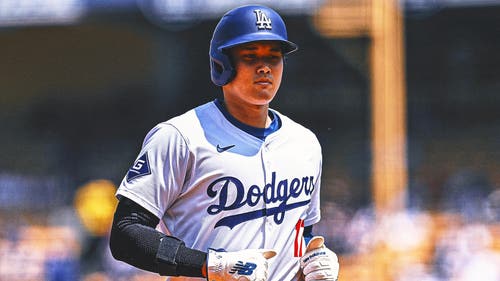
Shohei Ohtani breaks record for most homers by Japanese-born player
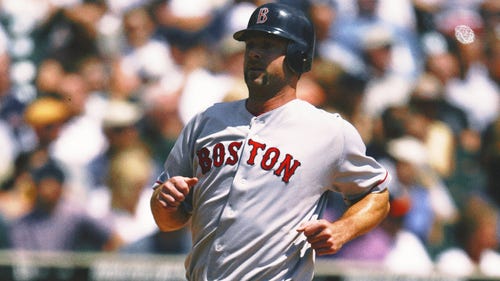
Dave McCarty, 11-year MLB veteran and Red Sox champion, dies at 54

20 Best pitchers in MLB 2024: Ranking the top 20 starters
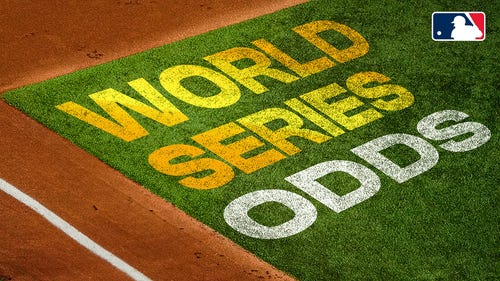
2024 World Series odds: Dodgers, Braves still at the top; Orioles rising

Reuniting Rickey Hill with his ring, 37 years later


MLB progress report: 1 early flaw with each of baseball's best teams

Yankees' Aaron Boone ejected five pitches into game vs. A's after fan outburst

Brewers' Jakob Junis hit by fly ball in batting practice, taken away in ambulance

Trea Turner, Juan Soto headline Ben Verlander's Team of the Week

Shohei Ohtani breaks record for most homers by Japanese-born player

Dave McCarty, 11-year MLB veteran and Red Sox champion, dies at 54

20 Best pitchers in MLB 2024: Ranking the top 20 starters

2024 World Series odds: Dodgers, Braves still at the top; Orioles rising

Reuniting Rickey Hill with his ring, 37 years later
